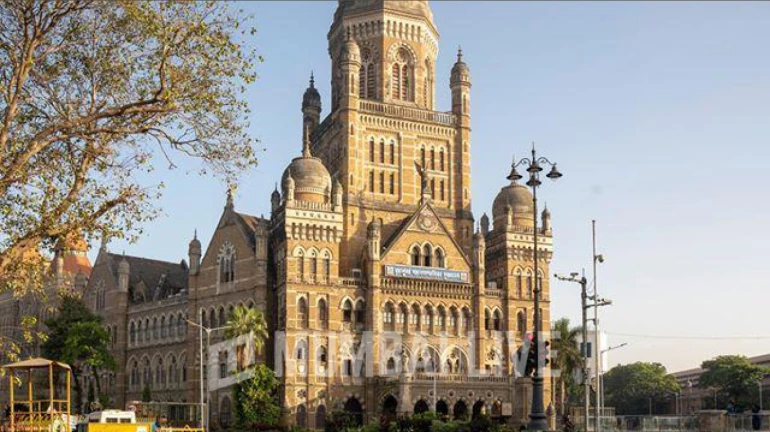
In a focused operation aimed at reclaiming critical public infrastructure and addressing rising concerns over unauthorized occupations, authorities conducted a demolition drive on April 29 between Dahisar and Borivali stations. Nearly 80 illegal slum structures were dismantled along the eastern side of the rail corridor, marking a significant step in the city’s ongoing efforts to improve commuter safety and maintain public order.
The operation, planned meticulously and executed without incident, involved close coordination among multiple enforcement agencies. It was overseen by the Borivali Railway Protection Force (RPF), with active support from the Government Railway Police (GRP) and the local Mumbai Police. Officials reported the deployment of approximately 110 personnel, including 33 RPF officers and 70 GRP staff, in addition to city police, to manage the site and ensure a peaceful process.
Supporting the drive, the Engineering Department of Western Railways contributed manpower and logistical aid for dismantling the structures. Materials used in the makeshift homes—mainly bamboo and metal sheets—were carefully removed by the Infrastructure Office Workers (IOW) and transferred to official storage facilities. Officials emphasized that these unauthorized settlements were blocking access and creating safety hazards for commuters and railway operations.
The clearance is part of a broader initiative to address illegal encroachments along railway and public transport routes across Mumbai. Authorities stated that these areas need to remain clear for infrastructure expansion, safety, and efficient mobility. Similar action is expected in other areas where unauthorized occupation continues to affect civic function.
In a parallel move to bring structure and revenue accountability to informal business activity, the Brihanmumbai Municipal Corporation (BMC) has initiated a property tax drive targeting commercial establishments operating within slum settlements. According to BMC’s assessment and collection department, a city-wide survey is already underway to identify business units functioning from slum dwellings. Officials were quick to clarify that while the new tax would apply to commercial use of space, it does not legalize the structures or grant them formal recognition.
The rationale behind the move stems from the growing commercial use of slum units—approximately 20% of Mumbai’s estimated 2.5 lakh slum dwellings now house businesses ranging from retail shops to warehouses and eateries. BMC Administrator Bhushan Gagrani, during his February budget address, projected a revenue boost of ₹350 crore in FY 2025–26 through this taxation.
Civic authorities maintain that businesses operating in slums continue to benefit from municipal services and public infrastructure. Bringing them under the tax net, they argue, is a necessary step towards equitable urban development and improved governance. The twin actions of removing encroachments and initiating taxation reflect a new, assertive approach by city administrators seeking to balance regulation with revenue generation.





